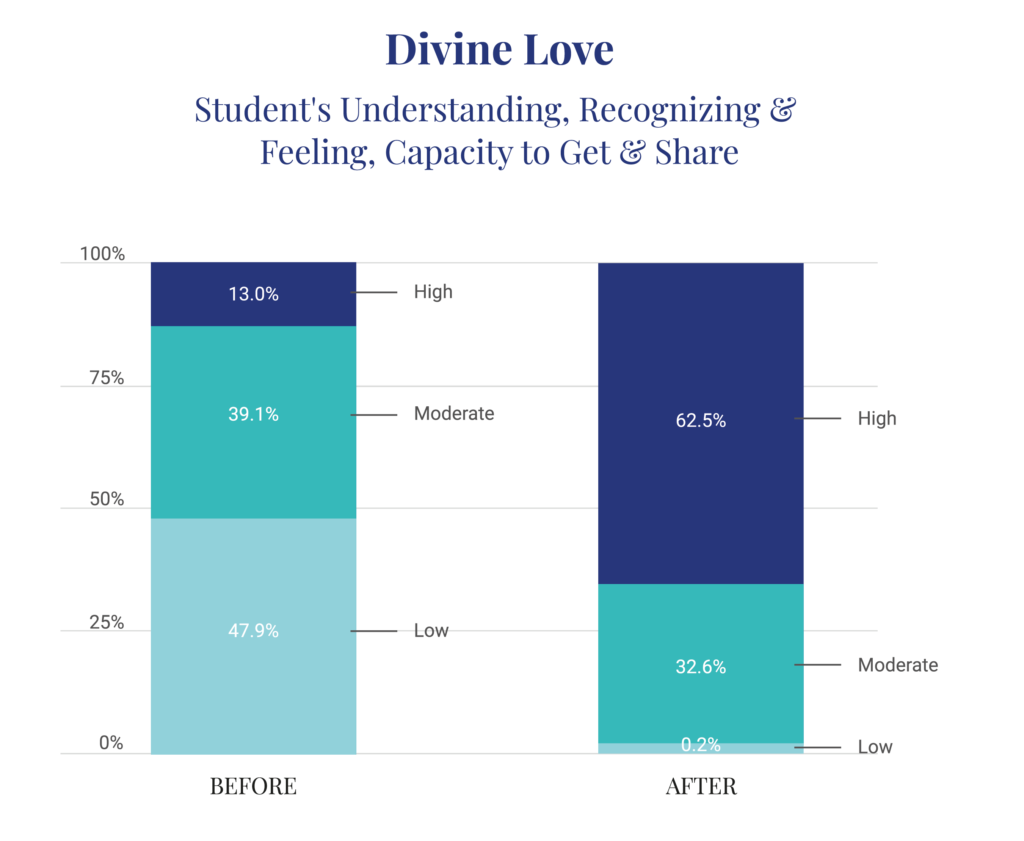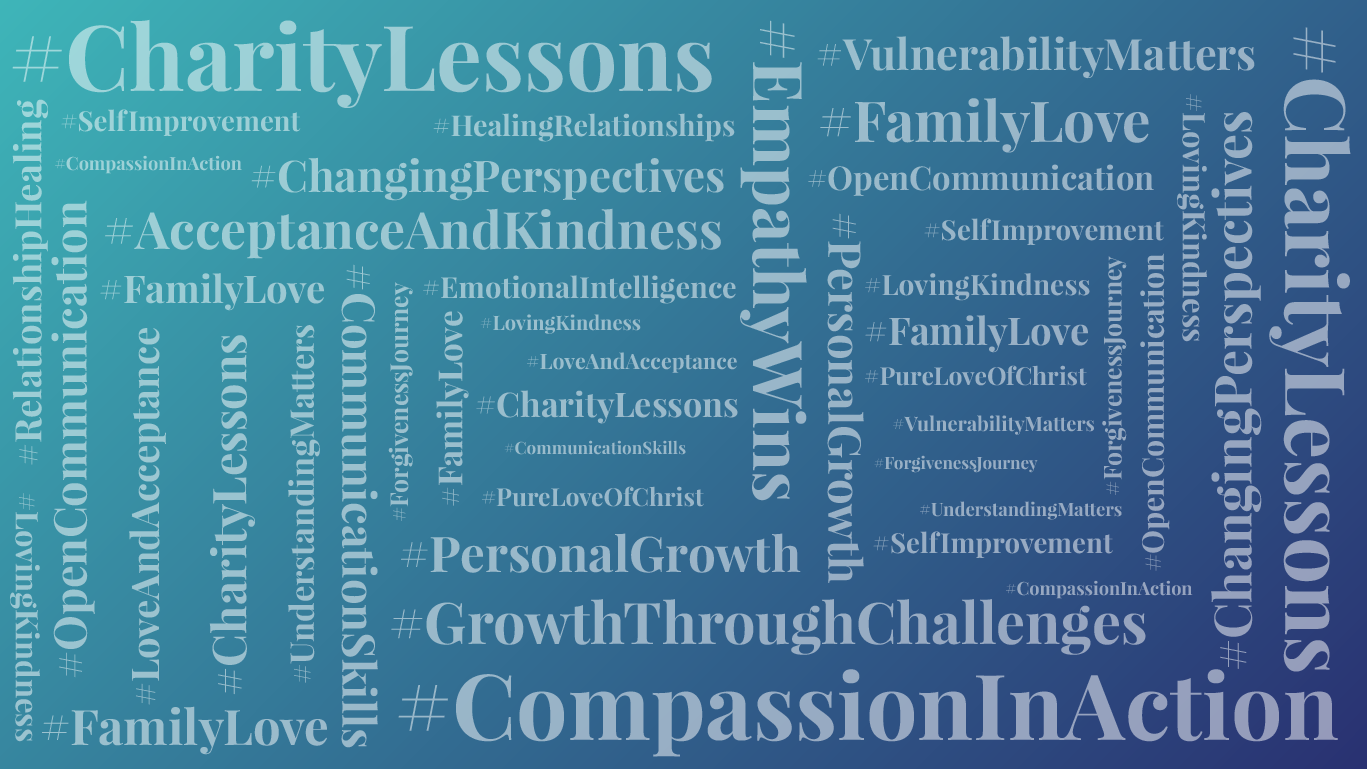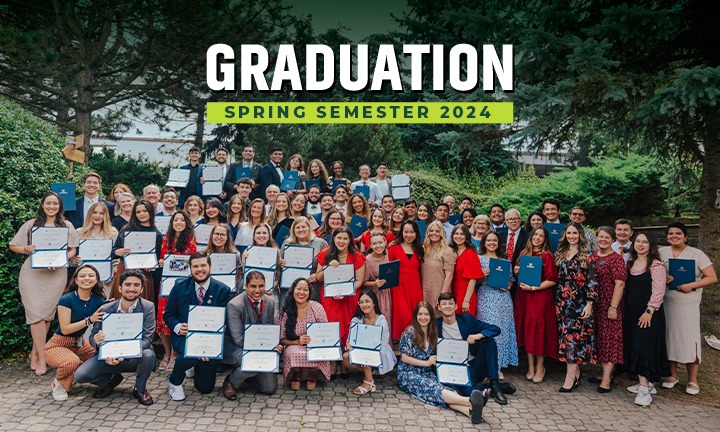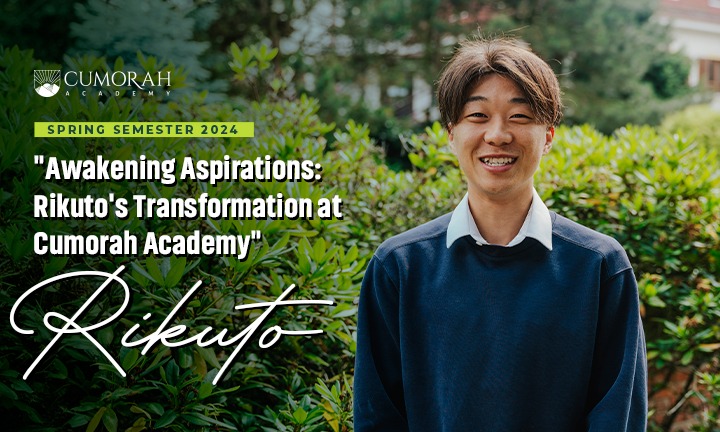While expressing Heavenly Father’s love has been an important part of Cumorah Academy’s programs, in the spring of 2023, we introduced a comprehensive course on the topic, as a requirement for all of our on-campus students.
Many have asked, Why love and why now? It’s a great question, one which we are delighted to answer.
We arrived at the decision to introduce this curriculum after having observed that we can no longer assume our students have a correct understanding of this seminal teaching and attribute.
Our observations are consistent with substantial research, indicating a decline in religious affiliation and church attendance among young adults worldwide, impacting all faith traditions.1
The departure of young adults from faith traditions, in today’s rapidly evolving world, their understanding (or misunderstanding) of God’s love remains profoundly significant. Even as members of the Church of Jesus Christ of Latter-Day Saints, we have seen an intensifying of public perceptions and attitudes that are driving members away from their faith and families. Difficult to miss in these unprecedented times, these “departures” are playing out on a very public social media stage.
The disheartening message of many is “I’m leaving because of love.” A message mixed with contempt and a disavowing of the faith of their parents.
They assert that the love taught in Church is dangerous, judgmental, and conditional; a type of love only available to those that are righteous, deserving, or have earned it. They assert the love we teach (and apply) isn’t consistent with what the Savior taught; and that the entire church membership adheres to a culture of conditional love.
The departures stem from a distorted understanding of the charity taught by church leaders. Here is the great paradox in the message, it is charity, or the pure love of Christ, that can heal and bring back those that have lost their way, but only when they (and more of us) clearly understand and apply true charity.
As many individuals grapple with questions of identity, purpose, and belonging, the idea of a love that transcends human imperfections and limitations offers solace and reassurance. Amidst the challenges and uncertainties of modern life, the notion of being divinely loved provides a source of emotional stability, acceptance, and hope. It serves as a powerful reminder that despite shifting cultural norms and the complexities of contemporary existence, a steadfast and boundless love exists, offering a guiding light for those seeking meaning and connection in their spiritual journeys.
In a pilot program, the new curriculum (inclusive of eight modules, activities, assignments, and assessments) has already demonstrated remarkable results by focusing on enhancing young adult understanding, capacity to experience, recognition, and sharing of God’s Love.
Whatever problems your family is facing, whatever you must do to solve them, the beginning and the end of the solution is charity, the pure love of Christ. Without this love, even seemingly perfect families struggle. With it, even families with great challenges succeed.
Dieter F. Uchtdorf, April 2016
Some of the greatest gains have been realized when clarifying the difference between God’s abundant and perfect love, and the conditions surrounding His blessings.
Here are some thoughts shared by a few of our students after taking the class . . .

Jamilex
In the “Charity, The Pure Love of Christ” class at Cumorah, I learned important lessons that have helped me in my relationship with my mom; there were past issues that needed to be healed.
Before, I had certain ideas about how my mom should act, and when she didn’t meet those expectations, it caused problems. Now, I’ve changed my way of thinking. I understood neither of us are perfect. I’ve learned to accept her as she is and show more understanding and kindness.
I started talking openly with my mom, sharing my feelings and understanding hers. Also, I admitted my mistakes and took more responsibility. Being honest and vulnerable helped us connect on a deeper level and heal our relationship a little bit more.

Gleybson
The principles of charity had a profound impact on my personal journey. As I’ve navigated through various experiences and interactions, I’ve come to recognize the immense value of love, compassion, and empathy in my relationships with others.
A particular incident involving my mother served as a powerful reminder of the impact our words can have on others. Even though her comments hurt me, I made a conscious decision to approach the situation with patience and understanding… prompting me to practice forgiveness and acceptance, even in the face of differing opinions or beliefs.

Polina
One of the most valuable insights I gained from the course was the “hungry for love” cycle. This concept taught me how feelings of rejection, unlove, or pain can lead individuals to adopt behaviors aimed at seeking validation or protecting themselves, ultimately resulting in counterfeit expressions of love.
Now armed with this understanding, I find that when I encounter behaviors in others that leave me questioning their intentions, I can often discern that they are going through a difficult period where they feel unloved, scared, or hurt. This perspective allows me to refrain from building walls between us, as I did frequently in my past.
The outcomes for this unique course not only fosters personal growth, but a deepening commitment to the gospel of Jesus Christ, and a powerful framework for one to love, lift, and lead others – at home, church, or communities.

When you support Cumorah Academy, it is used to provide scholarships to young adults to attend the on-campus program, which is composed of this Divine Love curriculum, along with other content that are part of Cumorah Academy’s Leadership & Personal Development Program.
Our outcomes become the outcomes of all of our supporters. We invite you to reach out to Robert Hanson and make an impact today (via email or cell phone, at robert.hanson@cumorahacademy.org, or 801.815.3481)
1 Pew Research Center has shown a decline in religious affiliation and attendance among younger generations in the United States and various other countries (their 2019 report on the “Religious Landscape Study” highlighted the rise of the religiously unaffiliated “nones” and decreasing church attendance among millennials and Generation Z). General Social Survey (GSS) is a sociological survey conducted by NORC at the University of Chicago, has also tracked religious trends and documented a decline in religious affiliation and attendance among younger cohorts. European Social Survey (ESS) has explored religious attitudes and behaviors in Europe. It has found declining levels of religious practice and affiliation among young adults in various European countries. Barna Group is a research organization focused on faith and culture. They have conducted numerous studies on the attitudes and beliefs of young adults toward religion and church. Their findings have highlighted the challenges traditional religious institutions face in engaging younger generations. Many other countries have conducted national surveys examining religious trends among young adults (surveys in Canada, Australia, and the United Kingdom have shown declining religious affiliation and church attendance among the younger population).




